Discover Making Gay History | LGBTQ Oral Histories from the Archive
Making Gay History | LGBTQ Oral Histories from the Archive

Making Gay History | LGBTQ Oral Histories from the Archive
Author: Eric Marcus
Subscribed: 5,023Played: 75,785Subscribe
Share
© Making Gay History
Description
Intimate, personal portraits of both known and long-forgotten champions, heroes, and witnesses to history brought to you from rare archival interviews.
154 Episodes
Reverse
Conflict has context. In this first episode of Making Gay History’s Stonewall season, we hear stories from the pre-Stonewall struggle for LGBTQ rights. We travel back in time to the turbulent 1960s and take you to the tinderbox that was Greenwich Village on the eve of an uprising.
First aired June 6, 2019. Visit our episode webpage for background information, archival photos, and other resources, as well as the episode’s transcript.
For exclusive Making Gay History bonus content, join our Patreon community.
———
To learn more about listener data and our privacy practices visit: https://www.audacyinc.com/privacy-policy
Learn more about your ad choices. Visit https://podcastchoices.com/adchoices
The Stonewall uprising began in the early morning hours of June 28, 1969. Revisit that moment, and the hours and days that followed, with voices from the Making Gay History archive. Relive in vivid detail the dawning of a new chapter in the fight for LGBTQ rights.
First aired June 13, 2019. Visit the episode webpage for background information, archival photos, and other resources, as well the episode’s transcript.
To hear more of Marsha P. Johnson and Randy Wicker’s conversation about Stonewall, go here. And listen to Morty Manford’s account of the riots here.
For exclusive Making Gay History bonus content, join our Patreon community.
———
To learn more about listener data and our privacy practices visit: https://www.audacyinc.com/privacy-policy
Learn more about your ad choices. Visit https://podcastchoices.com/adchoices
Like so many other acts of LGBTQ resistance, the 1969 Stonewall riots could have become a footnote in history. But the protests and organizing that followed launched a new phase in the fight for LGBTQ rights. Hear how anger found its voice and how joy propelled the first Pride marches.
First aired June 20, 2019. Visit the episode webpage for background information, archival photos, and other resources, as well as the episode’s transcript.
To hear more from Craig Rodwell, go here. And listen to Barbara Gittings and Kay Lahusen here as they discuss how homophile activists fared in the heady days of post-Stonewall organizing.
For exclusive Making Gay History bonus content, join our Patreon community.
———
To learn more about listener data and our privacy practices visit: https://www.audacyinc.com/privacy-policy
Learn more about your ad choices. Visit https://podcastchoices.com/adchoices
What made Stonewall different? How can we carry the lessons of the uprising with us today? Eric is joined by one archivist and four activists to answer those questions in an intergenerational conversation recorded at the Stonewall Inn on May 23, 2019.
First aired June 27, 2019. Visit the episode webpage for background information, archival photos, and other resources, as well as the episode’s transcript.
For exclusive Making Gay History bonus content, join our Patreon community.
———
To learn more about listener data and our privacy practices visit: https://www.audacyinc.com/privacy-policy
Learn more about your ad choices. Visit https://podcastchoices.com/adchoices
This special guest episode is from Revisionist History, Malcolm Gladwell’s podcast about things misunderstood and overlooked. Gladwell does a deep dive into the ’90s sitcom Will and Grace, which was quietly revolutionary in changing our collective beliefs around gay people and marriage equality. The episode also looks at how television’s ability to change public opinion has faded with the rise of modern-day streaming.
———
To learn more about listener data and our privacy practices visit: https://www.audacyinc.com/privacy-policy
Learn more about your ad choices. Visit https://podcastchoices.com/adchoices
The Making Gay History podcast mines Eric Marcus’s decades-old audio archive of rare interviews to create intimate, personal portraits of both known and long-forgotten champions, heroes, and witnesses to history. Here’s a taste of what’s to come in season one.
Music: "Divider" by Chris ZabriskieLicense: https://creativecommons.org/licenses/by/4.0/legalcode
For exclusive Making Gay History bonus content, join our Patreon community.
———
To learn more about listener data and our privacy practices visit: https://www.audacyinc.com/privacy-policy
Learn more about your ad choices. Visit https://podcastchoices.com/adchoices
A never-before-heard conversation with trans icon and self-proclaimed Stonewall veteran Sylvia Rivera. Hear Sylvia discuss the first night of the June 1969 uprising and her struggle for recognition in the LGBTQ rights movement.
Visit our episode webpage for background information, archival photos, and other resources.
For exclusive Making Gay History bonus content, join our Patreon community.
———
To learn more about listener data and our privacy practices visit: https://www.audacyinc.com/privacy-policy
Learn more about your ad choices. Visit https://podcastchoices.com/adchoices
You’ve never heard of Wendell Sayers, but once you hear his story, you’ll never forget him. Born in western Kansas in 1904, Wendell was the first Black lawyer to work for Colorado’s attorney general, and risked everything to join a gay discussion group.
Visit our episode webpage for background information, archival photos, and other resources.
For exclusive Making Gay History bonus content, join our Patreon community.
———
To learn more about listener data and our privacy practices visit: https://www.audacyinc.com/privacy-policy
Learn more about your ad choices. Visit https://podcastchoices.com/adchoices
In 1947, Hollywood secretary Edythe Eyde, aka Lisa Ben, had the audacity to publish "Vice Versa," the first ever “magazine” for lesbians. Even more audacious, she imagined a future gay utopia that has all come to pass. In the '50s, Edythe sang gay parodies of popular songs in LA gay clubs.
Visit our episode webpage for background information, archival photos, and other resources.
For exclusive Making Gay History bonus content, join our Patreon community.
———
To learn more about listener data and our privacy practices visit: https://www.audacyinc.com/privacy-policy
Learn more about your ad choices. Visit https://podcastchoices.com/adchoices
In 1945 Dr. Evelyn Hooker’s gay friend Sam From urged her to do a study challenging the commonly held belief that homosexuals were by nature mentally ill. It was work that would ultimately strip the “sickness” label from millions of gay men and women and change the course of history.
Visit our episode webpage for background information, archival photos, and other resources.
For exclusive Making Gay History bonus content, join our Patreon community.
———
To learn more about listener data and our privacy practices visit: https://www.audacyinc.com/privacy-policy
Learn more about your ad choices. Visit https://podcastchoices.com/adchoices
Frank Kameny fought for what was right. And he never gave up. Lessons for us all.
Visit our episode webpage for background information, archival photos, and other resources.
For exclusive Making Gay History bonus content, join our Patreon community.
———
To learn more about listener data and our privacy practices visit: https://www.audacyinc.com/privacy-policy
Learn more about your ad choices. Visit https://podcastchoices.com/adchoices
When Jeanne Manford’s gay son was badly beaten at a protest in 1972, she took action and founded an organization for parents of gays known today as PFLAG.
Visit our episode webpage for background information, archival photos, and other resources.
For exclusive Making Gay History bonus content, join our Patreon community.
———
To learn more about listener data and our privacy practices visit: https://www.audacyinc.com/privacy-policy
Learn more about your ad choices. Visit https://podcastchoices.com/adchoices
A WWII veteran turns theory into action, co-founding one of the first LGBT rights groups, the Mattachine Society, in 1950—a time when gay people were considered sick, sinful, criminal, and a threat to national security.
Visit our episode webpage for background information, archival photos, and other resources.
For exclusive Making Gay History bonus content, join our Patreon community.
———
To learn more about listener data and our privacy practices visit: https://www.audacyinc.com/privacy-policy
Learn more about your ad choices. Visit https://podcastchoices.com/adchoices
A generation ago, tens of millions of people turned to "Dear Abby” in her daily newspaper column for advice. Long before others did, and at considerable risk, she used her platform and celebrity in support of gay people and their equal rights.
Visit our episode webpage for background information, archival photos, and other resources.
For exclusive Making Gay History bonus content, join our Patreon community.
———
To learn more about listener data and our privacy practices visit: https://www.audacyinc.com/privacy-policy
Learn more about your ad choices. Visit https://podcastchoices.com/adchoices
Self-described gay rights fanatics and life partners Barbara Gittings and Kay “Tobin” Lahusen helped supercharge the nascent movement in the 1960s and brought their creativity, passion, determination, and good humor to the Gay Liberation 1970s, leaving behind an inspiring legacy of dramatic change.
Visit our episode webpage for background information, archival photos, and other resources.
For exclusive Making Gay History bonus content, join our Patreon community.
———
To learn more about listener data and our privacy practices visit: https://www.audacyinc.com/privacy-policy
Learn more about your ad choices. Visit https://podcastchoices.com/adchoices
Vito Russo loved movies, but he looked behind the silver screen and saw how Hollywood was sending a message that LGBTQ people were less-than-human. He decided that that had to change. He wrote a book, cofounded GLAAD, and when his life was on the line, he was one of the people who founded ACT UP.
Visit our episode webpage for background information, archival photos, and other resources.
For exclusive Making Gay History bonus content, join our Patreon community.
———
To learn more about listener data and our privacy practices visit: https://www.audacyinc.com/privacy-policy
Learn more about your ad choices. Visit https://podcastchoices.com/adchoices
The right to love and be loved for who we are has always been a driving force in the fight for LGBTQ civil rights. Eric shares four special love stories from his archive featuring activists who helped change the course of history. Happy Valentine's Day!
Visit our episode webpage for background information, archival photos, and other resources.
For exclusive Making Gay History bonus content, join our Patreon community.
———
To learn more about listener data and our privacy practices visit: https://www.audacyinc.com/privacy-policy
Learn more about your ad choices. Visit https://podcastchoices.com/adchoices
Making Gay History mines Eric Marcus’s 30-year-old audio archive of rare interviews to create intimate, personal portraits of both known and long-forgotten champions, heroes, and witnesses to LGBTQ history. In this preview we offer a taste of what’s to come in season two, featuring the extraordinary voices of Shirley Willer, Hal Call, Barbara Gittings, Jean O’Leary, Morris Foote, and Randy Wicker and Marsha P. Johnson.
For exclusive Making Gay History bonus content, join our Patreon community.
———
To learn more about listener data and our privacy practices visit: https://www.audacyinc.com/privacy-policy
Learn more about your ad choices. Visit https://podcastchoices.com/adchoices
Meet Marsha P. Johnson and Randy Wicker—two very different heroes of the early LGBT civil rights movement. Marsha was a Street Transvestite Action Revolutionary. Randy led the first gay demonstration in 1964 in coat and tie.
Visit our episode webpage for background information, archival photos, and other resources.
For exclusive Making Gay History bonus content, join our Patreon community.
———
To learn more about listener data and our privacy practices visit: https://www.audacyinc.com/privacy-policy
Learn more about your ad choices. Visit https://podcastchoices.com/adchoices
Shirley Willer had good reason to be angry. She was beaten by the police and a dear friend was allowed to die—because they were gay. She channeled that anger into action, traveling the country in the 1960s to launch new chapters of gay rights organizations.
Visit our episode webpage for background information, archival photos, and other resources.
For exclusive Making Gay History bonus content, join our Patreon community.
———
To learn more about listener data and our privacy practices visit: https://www.audacyinc.com/privacy-policy
Learn more about your ad choices. Visit https://podcastchoices.com/adchoices






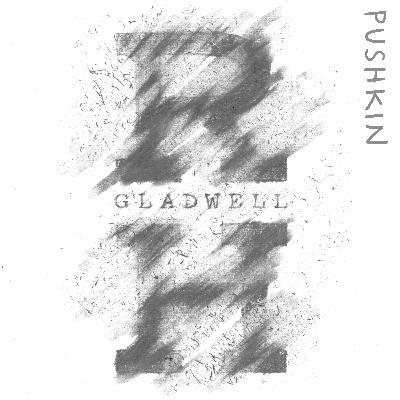

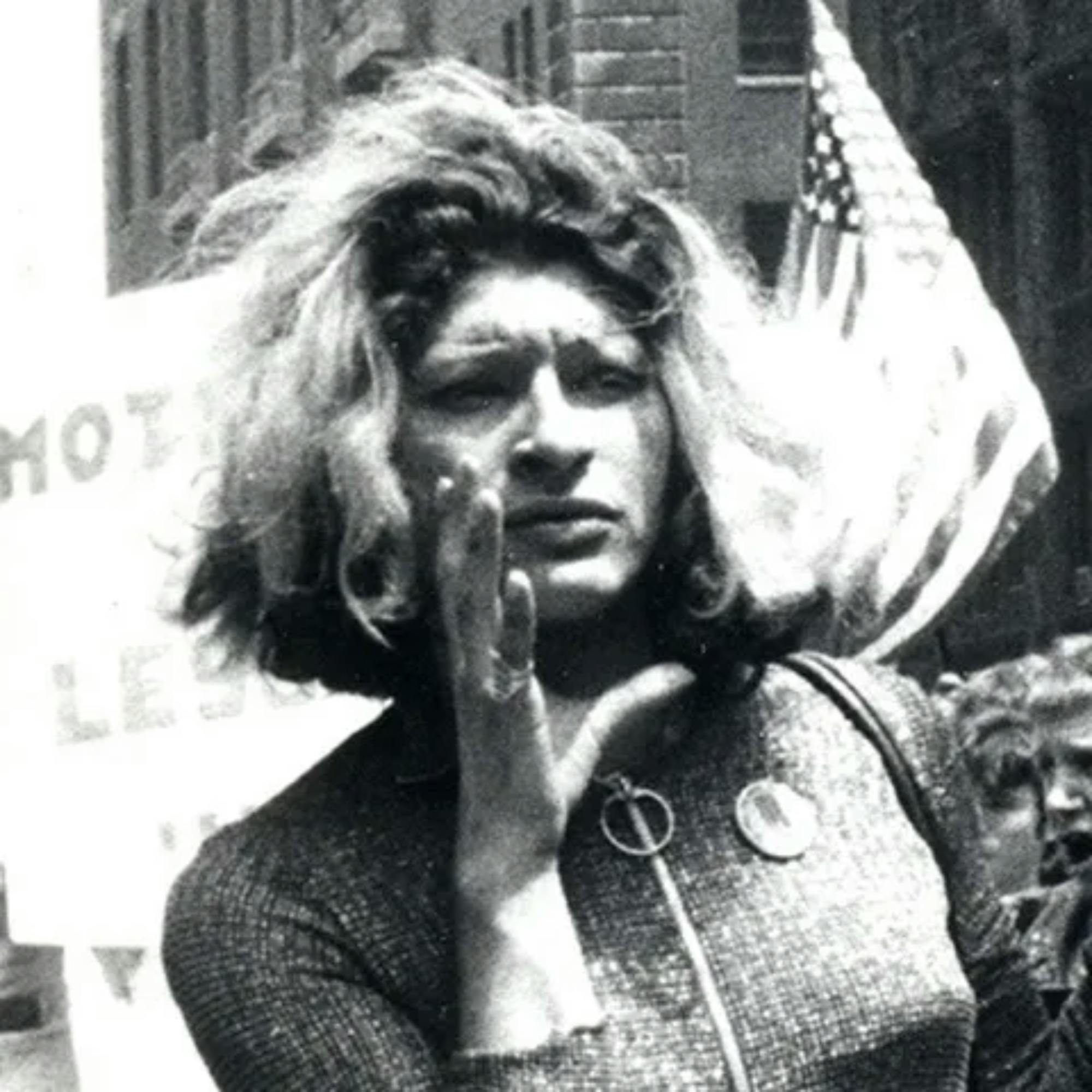
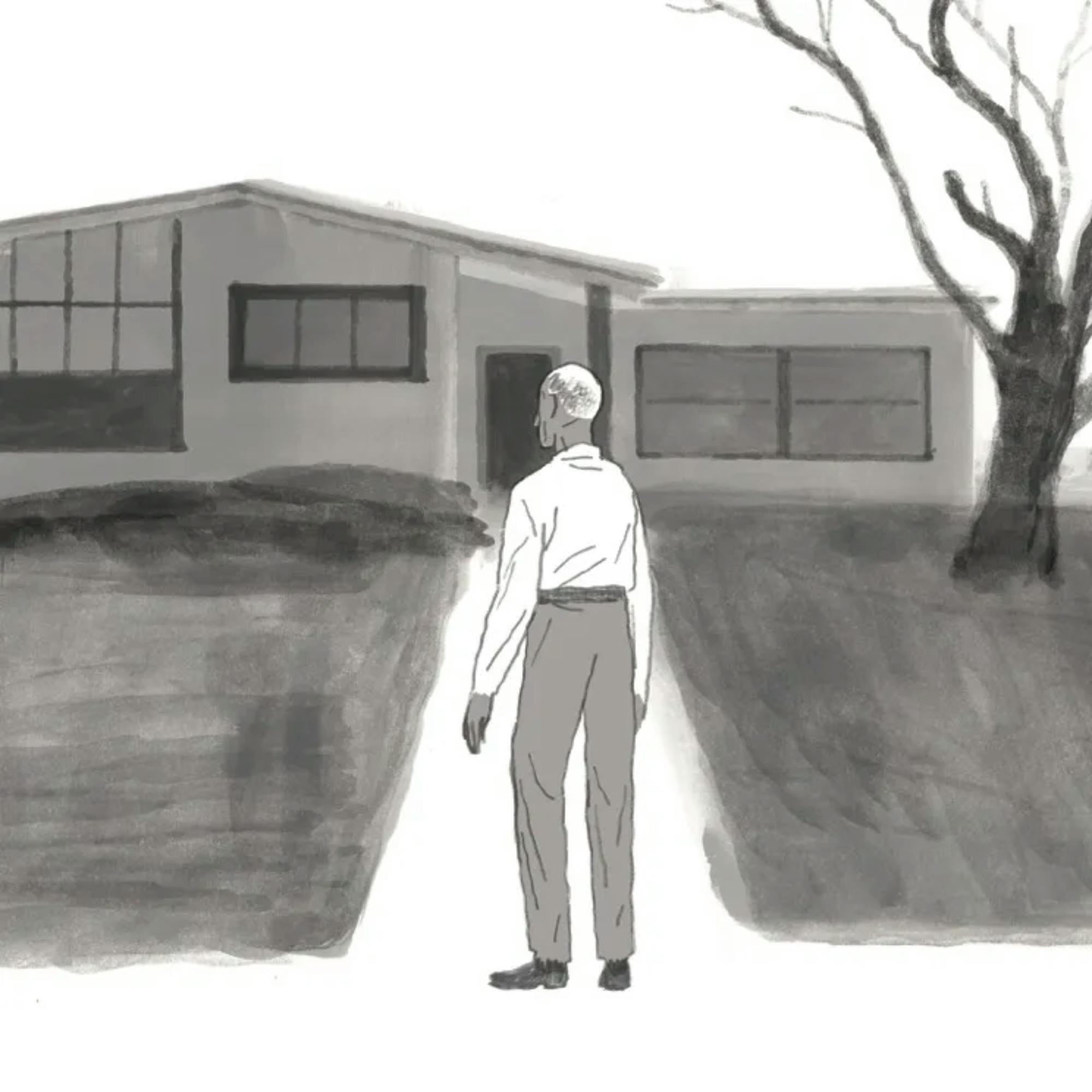
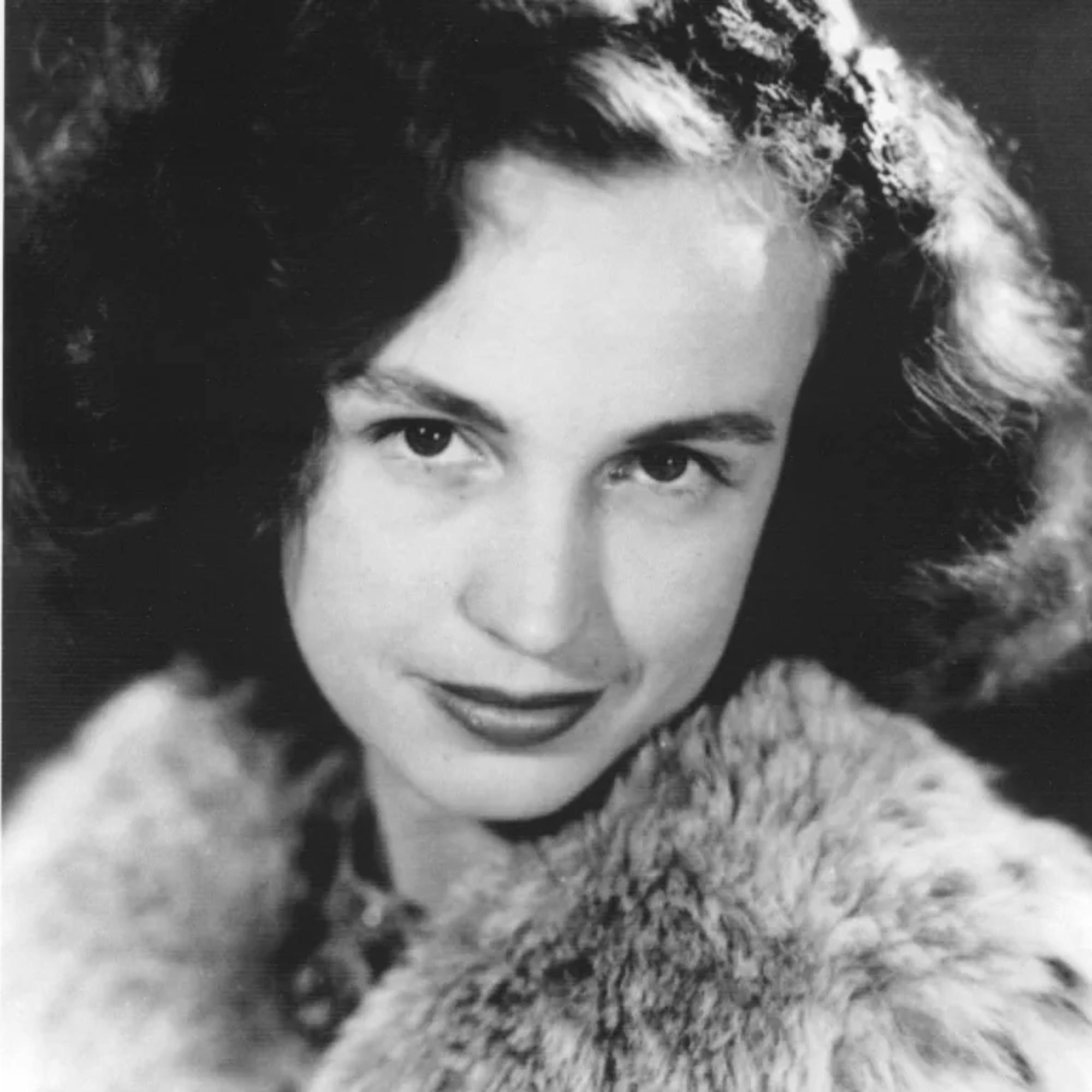










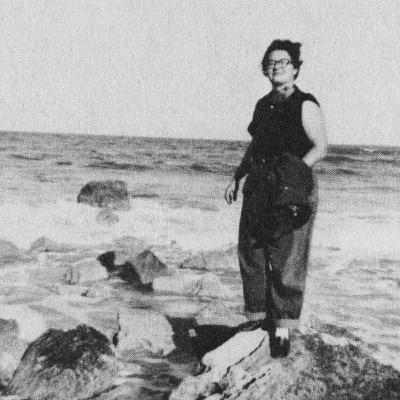



Thank you for an excellent, insightful series .... when we do not know and integrate history real time ...so many easily forget or worse downplay and not care
This is a wokeness contest.
The NYT reporter sounds like a good reporter. I wish they had similar reporters today. I don't like the line of questioning that the host asks him.
Can’t hear very well
Great show. it's a must hear! It should also be translated in more languages 😊
She's an amazing person! Thanks
Thank you. I can't donate currently but I do appreciate all of your work and especially now I think it is especially important to have hope.
Q
Oh this is wonderful thank you
so great to have you back, Mr. M!!!!
I love MAKING GAY HISTORY - it's amazing to hear these people tell their stories.
I love this show. Listening to these stories gives me hope for our future in these bizarre ugly times. keep up the good work! these stories make us real to the people who need to come to grips with it. #pride